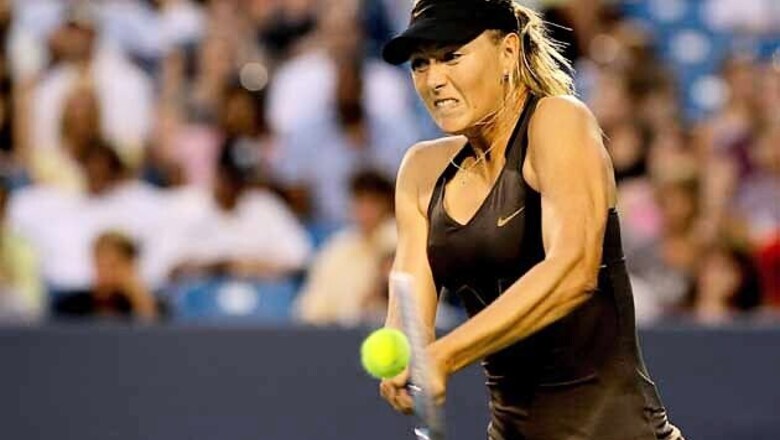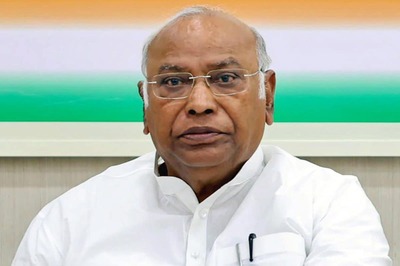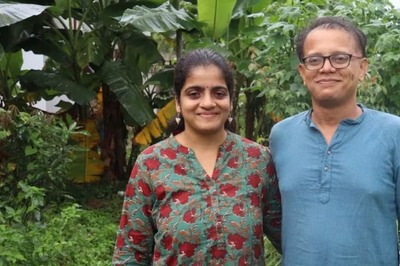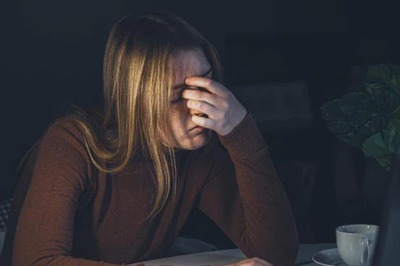
views
London: Tennis authorities will tackle the perennial problem of grunting players - but it could take years to turn down the volume.
So do not throw the earplugs away quite yet and if your daughter is a four-year-old tennis prodigy, make sure she keeps the noise down.
Talks are underway to arm umpires with handheld "grunt-o-meters" on court, so that they can assess how loud shrieks are.
Such devices are unlikely to be introduced anytime soon but the wheels have been set in motion so that future generations of tennis fans do not have to put up with that problem.
Women's tour the WTA has recognised there is a problem and decided on a grass roots approach to the issue - "educate the youngsters before they go into grunt overdrive."
"The WTA, ITF (International Tennis Federation) and Grand Slams aim to drive excessive grunting out of the game while ensuring that we do not drive our current generation of players - who were taught this way - out of the game," said WTA chief Stacey Allaster.
"This is the start of a sport-wide plan responsibly dealing with the issue through player education and objective rule changes," she added.
Nine-times Wimbledon champion Martina Navratilova thinks that grunting is cheating. Serena Williams has said she does not even know she is doing it and Maria Sharapova has been doing it since she was four.
But it is not a new issue.
Jimmy Connors grunted his way to eight grand slam victories in the 1970s and 80s and Ivan Lendl complained that Andre Agassi's grunting put him off.
Today, however, it is female players who are under the spotlight as the main "decibel demons".
World number one Sharapova is all for the plan but do not expect her to turn into a silent presence on Centre Court.
She was asked if she could play more quietly.
"Certainly not now as I have been doing it since I was four years old," she said. "It's definitely tough and impossible to do when you've played this sport for over 20 years."
Sharapova, talking to reporters after making it into the Wimbledon third round on Thursday, said she had talked to Allaster about the problem.
"It's the first person actually that sat down with many people and coaches and sports psychologists and analysts and really reviewed what could be done," she said.
"I'm really happy with the system she put forward. Going to the juniors, going to the academies that are producing the young players and putting a system in place. I think it's extremely smart."
But fellow player Ana Ivanovic was not so sure.
"It's very hard to determine what is the limit," she said. "I mean how can you set that? Then you say you have to go a little less squeaky, a little less loud. I think it would be very hard to implement to be honest."




















Comments
0 comment